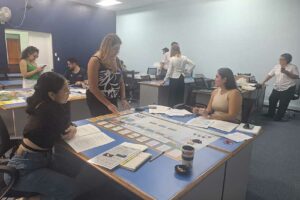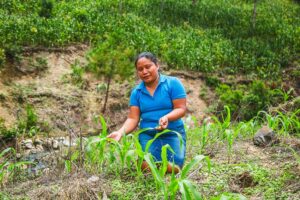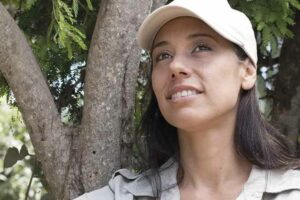Honduras Advances in the Implementation of the REFORES Project for Environmental Restoration and Disaster Risk Reduction
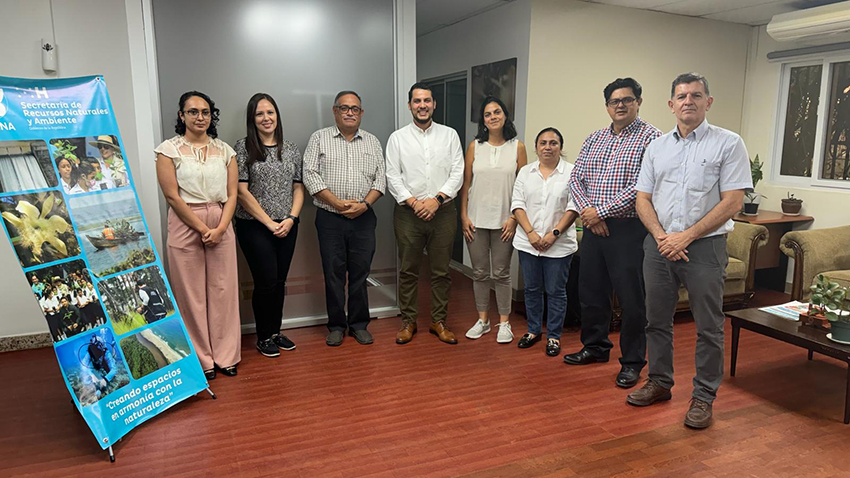
- Authorities and experts outline joint strategies to maximize the impact of the project on natural resource management and emergency mitigation.
In the context of implementing the REFORES project - Forest Restoration for Climate Resilience - important technical working sessions took place from April 9 to 12 in Honduras, involving representatives from the Secretary of Natural Resources and Environment (SERNA), the Forest Conservation Institute (ICF), and the Secretary of State in the Offices of Risk Management and National Contingencies (COPECO).
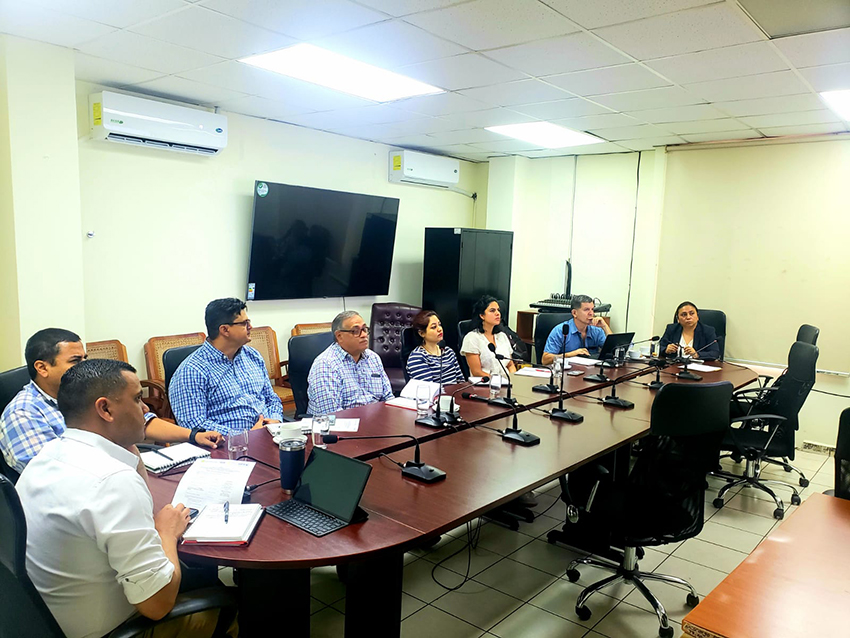
These sessions, organized by the executing entities of the project: CATIE (Tropical Agricultural Research and Higher Education Center), World Resources Institute (WRI), and the Central American Bank for Economic Integration (BCIE), aimed to socialize the scope, objectives, and goals of the REFORES project; a key initiative for environmental restoration and disaster risk reduction in the country.
During these sessions, each entity emphasized the importance of creating synergies in the territory that optimize the use of resources, avoid duplication of interventions, and strengthen national capacities in various areas. This is framed within the principles of good governance and multi-actor collaboration promoted by the project.
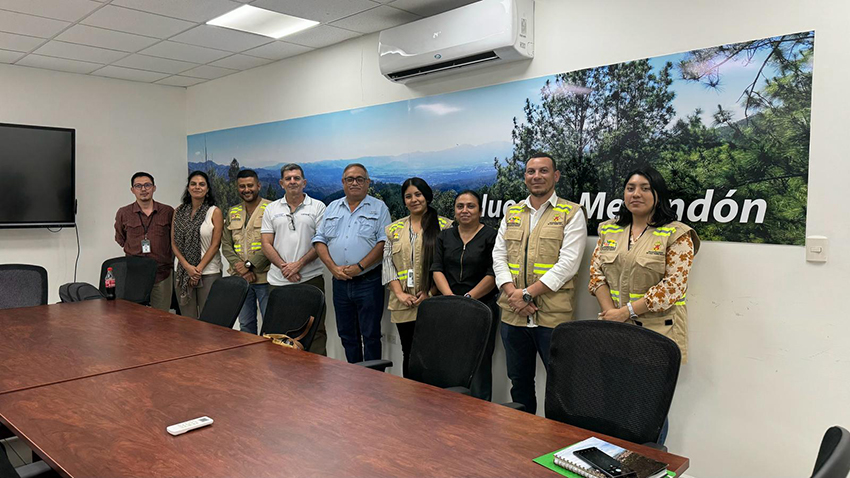
Additionally, representatives from each sector expressed their expectations regarding the implementation of the project, which they consider demonstrative and essential for its focus on restoration to reduce disaster-related risks and its strong social component.
Diego Delgado, Lenin Corrales, Edwin García, and Karla Mejía from CATIE, and Luciana Gallardo from the WRI, were the experts who led the meetings. In their discussions, they reflected the commitment of their respective organizations to the project.
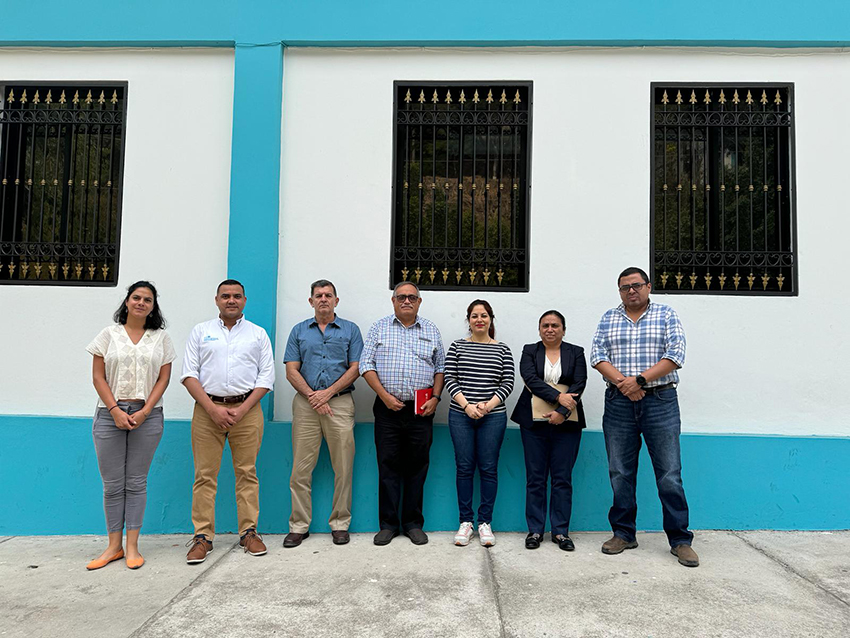
Furthermore, the strategic and technical roles that each entity will play within the components and intervention axes of REFORES were identified, and their participation in the steering committee and in the various working groups was confirmed.
This cooperation is aligned with the national plan and institutional policies, and will significantly contribute to achieving the national goals of the Government of Honduras.
These sessions marked a turning point in the project's planning, as they allowed the team to interact directly with personnel from government entities, which in turn will facilitate necessary adjustments so that the implementation effectively responds to the reality of the Honduran territory.
In addition, the development of consultation sessions with local authorities and technical teams from government entities and projects in the area is being planned, to integrate the experiences and knowledge of the different partners and thus ensure the achievement of the objectives and impacts of the REFORES project through current social and environmental processes.
Meanwhile, the project team continues working to define the specific area of intervention, considering the territory's vulnerability to landslides and floods, which underscores the project's proactive and preventive approach.
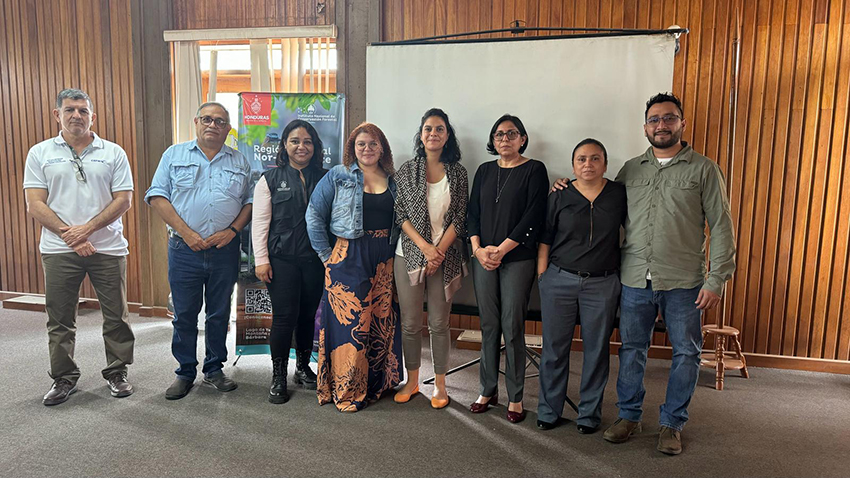
About the REFORES Project
The goal of the REFORES project, to be implemented in Belize, Guatemala, and Honduras, is to strengthen the climate resilience of communities and ecosystems in the region through nature-based restoration efforts, consciously incorporating approaches of gender, cultural relevance, and youth. The project also seeks to provide access to tools and community training, support local and community early warning systems, and implement a regional approach that enhances the possibilities of scaling up ecosystem restoration as adaptation measures in the Gulf of Honduras.
The project aims to directly benefit 2,050 people and indirectly more than 35,000, in addition to providing the countries with early warning systems to improve their response capacities to extreme climate events. Additionally, it aims to promote learning and exchange through the collection of lessons and experiences, which the Central American Bank for Economic Integration (BCIE) can later use for replication throughout the Caribbean region.
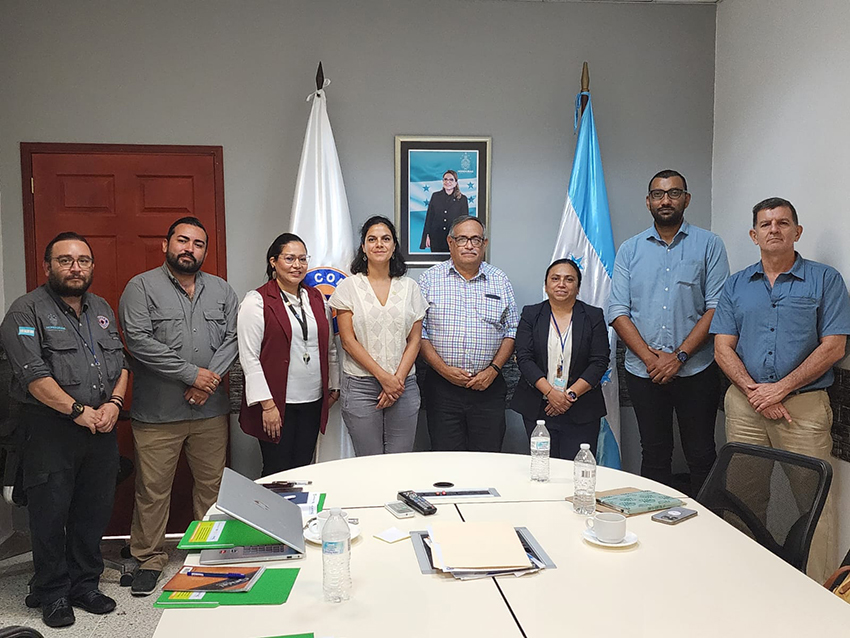
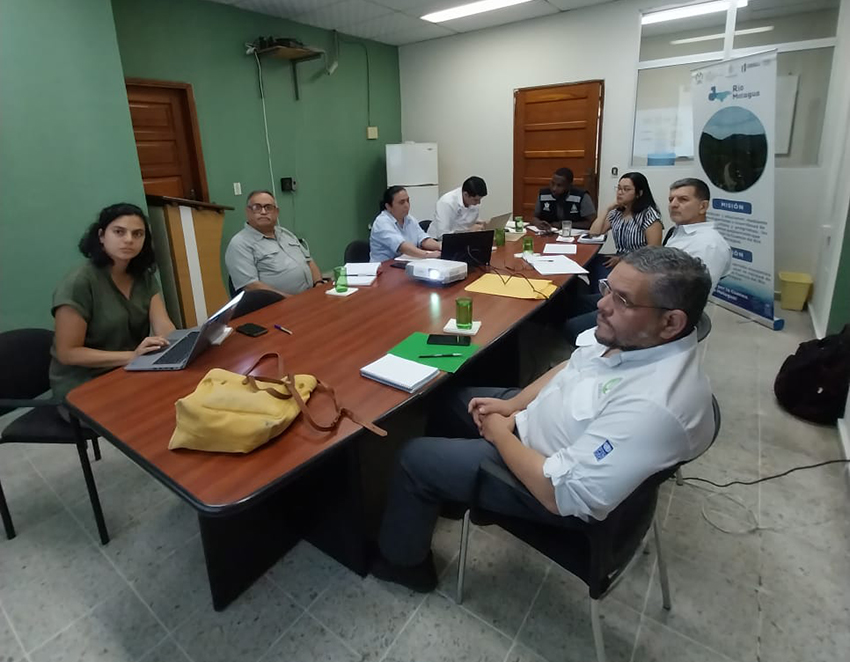
More information:
Diego Delgado
Coordinator
Proyecto REFORES
Forests and Biodiversity in Productive Landscapes Unit
CATIE
ddelgado@catie.ac.cr
Written by:
Karla Salazar Leiva
Communicator
Communications and Marketing Office
CATIE
karla.salazar@catie.ac.cr

